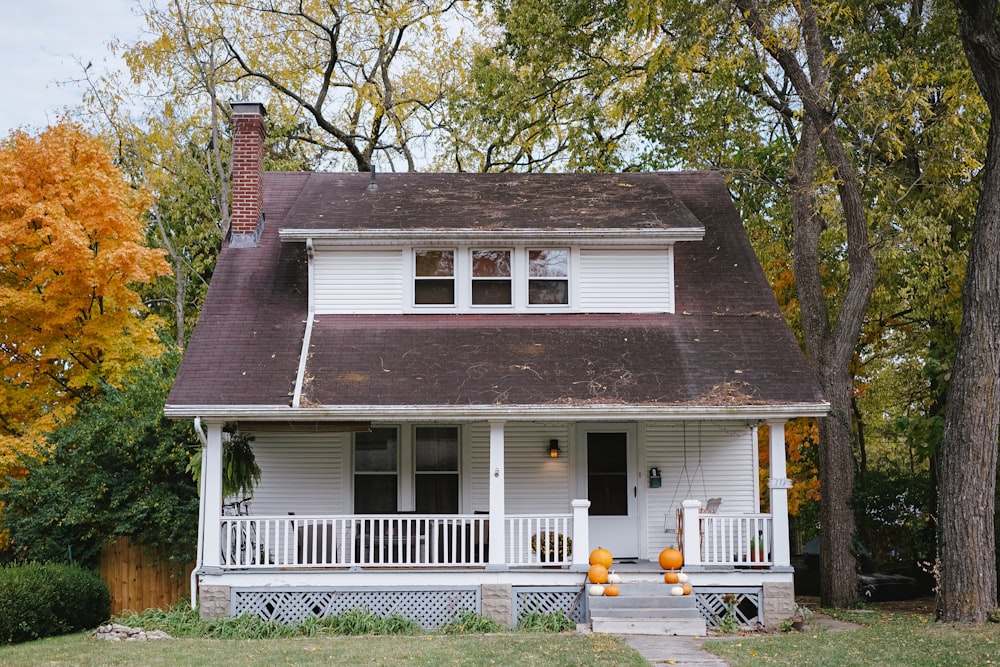Introduction
Maintaining your HVAC system is crucial for ensuring optimal performance and longevity. Neglecting regular maintenance can lead to inefficiency, breakdowns, and costly repairs. By implementing a proactive approach to HVAC care, you can keep your system running smoothly and your home comfortable year-round.
Importance of Regular Maintenance
Regular maintenance of your HVAC system is essential for several reasons. Firstly, it helps to ensure that the system operates efficiently, reducing energy consumption and lowering utility bills. Secondly, it prolongs the lifespan of the equipment, saving you money on premature replacements. Lastly, routine maintenance can also improve indoor air quality by keeping the system clean and free of contaminants.
Changing Air Filters
One of the simplest yet most important maintenance tasks for your HVAC system is regularly changing the air filters. Clogged or dirty filters restrict airflow, causing the system to work harder and consume more energy. Aim to replace disposable filters every 1-3 months, depending on usage, or clean reusable filters according to the manufacturer’s instructions.
Cleaning the Air Ducts
Over time, dust, debris, and other pollutants can accumulate in the air ducts of your HVAC system, reducing airflow and compromising indoor air quality. Periodic duct cleaning helps to remove these contaminants, improving efficiency and reducing the risk of respiratory issues. Consider hiring a professional duct cleaning service every 3-5 years for optimal results.
Checking and Sealing Duct Leaks
Leaky ductwork can significantly impact the efficiency of your HVAC system by allowing conditioned air to escape into unconditioned spaces such as attics or crawl spaces. Inspect your ductwork regularly for signs of leaks, such as visible gaps or noticeable air loss. Seal any leaks using duct sealant or metal tape to prevent energy wastage and ensure consistent heating and cooling throughout your home.
Lubricating Moving Parts
Many HVAC systems contain moving parts such as fans, motors, and bearings that require lubrication to operate smoothly. Over time, lack of lubrication can cause friction, leading to increased wear and potential system failures. Refer to your system’s manual for guidance on lubrication intervals and use appropriate lubricants to keep everything running smoothly.
Inspecting and Cleaning Outdoor Unit
The outdoor unit of your HVAC system is exposed to the elements year-round, making it susceptible to dirt, leaves, and debris buildup. Regularly inspect the unit for any obstructions and clean the exterior surfaces as needed. Additionally, ensure that vegetation is kept trimmed around the unit to maintain adequate airflow and prevent overheating.
Testing Thermostat Functionality
The thermostat serves as the control center for your HVAC system, regulating temperature settings and ensuring comfort. Periodically test your thermostat’s functionality by adjusting the temperature settings and monitoring the system’s response. If you notice any inconsistencies or malfunctions, consider replacing the thermostat or scheduling repairs as necessary.
Scheduling Professional Maintenance
While DIY maintenance tasks are essential, they should be supplemented with professional HVAC inspections and tune-ups at least once a year. A qualified technician can perform comprehensive checks, identify potential issues, and conduct necessary repairs or adjustments to keep your system in top condition. Additionally, professional maintenance can help to maintain manufacturer warranties and ensure compliance with safety standards.
Conclusion
Maintaining your HVAC system for optimal performance requires diligence and attention to detail. By implementing a regular maintenance routine, including tasks such as filter changes, duct cleaning, and professional inspections, you can extend the lifespan of your equipment, improve energy efficiency, and enjoy consistent comfort in your home. Prioritize HVAC maintenance to safeguard your investment and enhance indoor air quality for years to come. Read more about house maintenance and repairs

